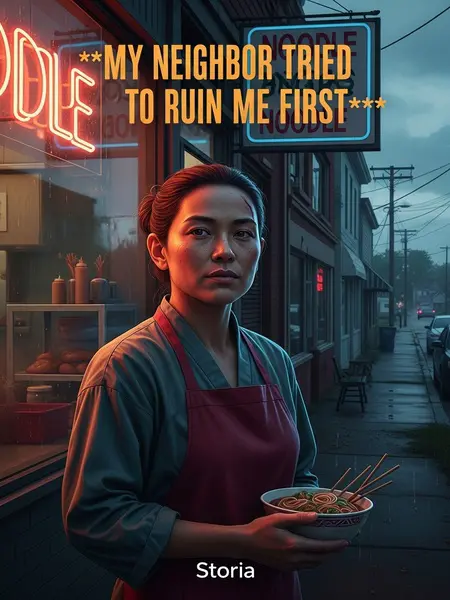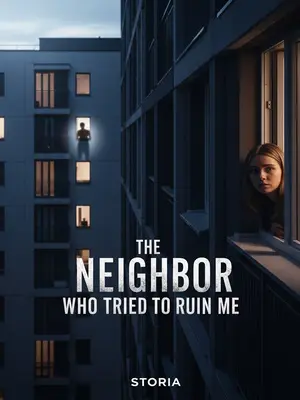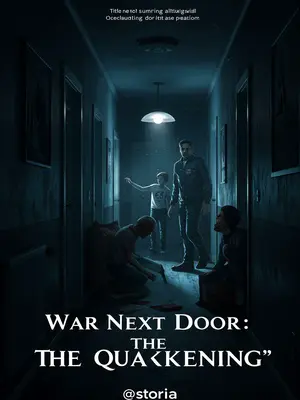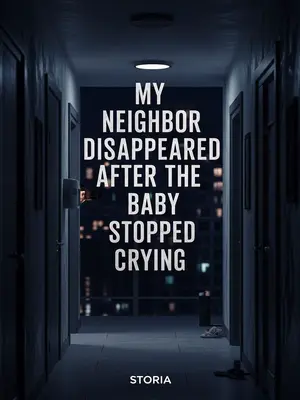Chapter 3: Accusations, Shutdown, and Viral Vengeance
I told everyone, “Go ahead, taste it. See for yourselves.” I watched as they took tentative bites, some wrinkling their noses. The proof was in the pudding—or the sausage, in this case.
A couple of picky regulars tasted them and spat them out immediately.
Mrs. Jenkins, who’s been coming in for years, made a face and pushed her plate away. “That’s not what I’m used to, honey.”
“Ma’am, this isn’t the same at all.”
A construction worker shook his head. “Nope. Tastes off.”
“Exactly. Try it yourself—does it taste the same?”
I looked at Betty, daring her to argue. “You know it’s not the same. Don’t insult your own cooking.”
“Alright, alright, we’re all neighbors running businesses. Everyone’s got their own skills. Ma’am, stop making a scene. Go back.”
One of the older regulars spoke up, trying to play peacemaker. “Let’s not do this here. We’re all just trying to make a living.” He shot me a sympathetic look.
Seeing nobody wanted her meats, Betty sat down on the floor and started rolling around, throwing a tantrum.
She flopped down in the middle of the aisle, pounding her fists on the tile and wailing like a toddler in a grocery store. Customers shuffled awkwardly, not sure whether to help or leave. It was a spectacle.
She kept cursing me for being greedy and heartless.
Her voice echoed off the walls, each insult sharper than the last. “You’ll get what’s coming to you!” she shouted, tears streaking her face. The room felt colder with every word.
It was lunchtime, and her outburst scared off a bunch of young customers who’d come in for noodles.
I watched as a group of college kids grabbed their backpacks and slipped out the door, shaking their heads. Business was tanking right before my eyes. My heart sank.
Fuming, I called the police.
I ducked into the back and dialed 911, my hands shaking. “You gotta send someone down here,” I told the dispatcher. “It’s getting out of hand.” I could barely get the words out.
The officers showed up, got the gist, and tried to talk Betty into leaving.
They listened to both sides, took notes, and tried to calm Betty down. “Ma’am, you can’t be selling inside someone else’s restaurant. That’s not how things work.” They tried to keep it professional, but even they looked rattled.
But Betty insisted I must be using something illegal to make her meats taste so good. In America, food safety complaints are serious—she was basically accusing me of poisoning people.
She pointed at me, eyes wild. “He’s putting something in the food! No way his tastes that much better!” The implication was clear: I was cheating, maybe even endangering customers.
As soon as she said that, not only were the customers stunned—even the police told me to step aside and not touch anything in the shop. They said they needed to take food samples for testing. At the same time, they told me to close up temporarily.
The lead officer turned to me, serious as a heart attack. “Sir, we have to take this complaint seriously. Please step aside while we collect samples. Your establishment will need to remain closed until we get the results.” I felt my world tilt.
I tried to explain, but the cops were dead serious:
I pleaded my case, but they wouldn’t budge. “It’s just procedure,” they said. “We have to follow up.” I felt powerless.
“Food safety is no joke. As a restaurant owner, you should know. Since there’s been a complaint, even if you didn’t add anything, you’ll have to wait for the test results before reopening.”
The words hit me like a punch to the gut. I nodded, trying not to let my frustration show. The customers filtered out, whispering to each other, some casting sympathetic glances my way. I felt exposed.
Great, that really shut me down.
I locked up the front door, flipped the sign to ‘Closed,’ and slumped against the counter. The silence felt heavier than ever. I stared at the empty chairs, wondering how long this would drag on. The shop felt haunted.
Running a noodle shop is already tough. After that mess, how was I supposed to keep going?
The bills kept piling up, and every day closed was money lost. I sat at home, staring at my bank statements, wondering if I’d have to pick up a second job just to stay afloat. The anxiety was suffocating.
For a moment, I honestly felt like strangling someone.
I gripped the edge of the kitchen sink, knuckles white. I imagined Betty’s smug face and felt my blood boil. It took everything I had not to storm next door and let her have it. I had to remind myself to breathe.
If the cops hadn’t been there, I might have wrung her neck right on the spot.
The thought flashed through my mind—just for a second. I shook it off, but the anger lingered, hot and sharp. I was at my limit.
But with the police right there, all I could do was watch as Betty hid behind them, looking smug as hell.
She stood just behind the officers, arms folded, a self-satisfied smirk on her face. I wanted to scream, but I kept my mouth shut. No sense giving her more ammo. It was infuriating.
After that scene, my shop was closed for more than ten days.
Each day felt like a year. I called the health department, left messages with the police, but all I got was, “We’re still waiting on the results.” The waiting was torture.
Not because they found anything illegal in my food.
The tests came back clean—no weird chemicals, nothing out of the ordinary. Just good old-fashioned broth and spices. I knew it all along, but the relief still made me dizzy.
But because the results were delayed.
Some bureaucratic mix-up, they said. A backlog at the lab. It didn’t matter that my shop was spotless—the system moved at its own pace. I was just another file on someone’s desk.
Anyone who’s dealt with the system knows why.
Red tape, paperwork, and a hundred phone calls to people who couldn’t care less. I felt like I was shouting into a void. Nobody cared about my lost income.
Anyway, I ran around begging anyone I could, greased a few palms, and finally reopened after half a month.
I swallowed my pride, called in favors, and even slipped a little cash to the right folks. It’s not something I’m proud of, but in a small town, sometimes that’s how things get done. When I finally flipped the sign to ‘Open’ again, I felt like I’d climbed a mountain. The relief was real.
But after all that, the number of customers dropped off a cliff.
Word had spread. Folks were wary, not sure what to believe. The lunch rush was gone, replaced by a trickle of regulars who trusted me, but even they looked over their shoulders as they ate. The trust was broken.
If I hadn’t just sunk over $20,000 into the shop and another several grand into renovations—a total investment I hadn’t even recouped yet—I’d have just quit.
I stared at the ledger late at night, doing the math. Every dollar was borrowed—credit cards, family loans, a little help from the bank. I couldn’t walk away, not now. My whole future was tied up in this place. The pressure was suffocating.
But life’s full of surprises.
Sometimes, just when you think you’re down for the count, something flips. You never know what’s around the corner. Hope can show up out of nowhere.
Just like the saying goes: “Sometimes bad luck turns into a blessing.”
My grandma used to say, “When one door closes, another opens—even if it’s just a window.” Turns out, she was right. Sometimes you just have to wait for the breeze.
Somehow, after I reopened, a few of my younger regulars posted the whole saga online.
They shared the videos from that day, wrote up the story on Reddit and Facebook, and tagged every foodie group in the region. Suddenly, my little shop was internet famous. My phone wouldn’t stop buzzing.
Overnight, my shop went viral.













